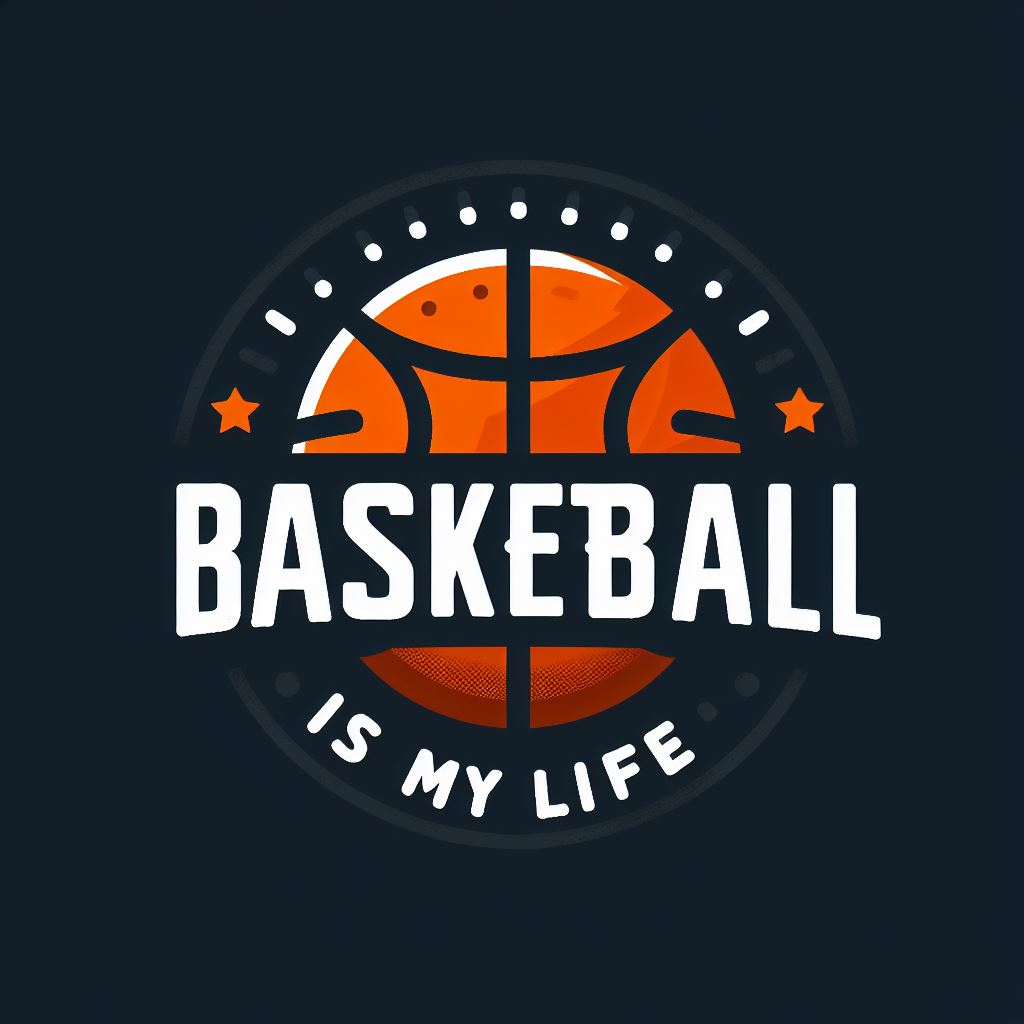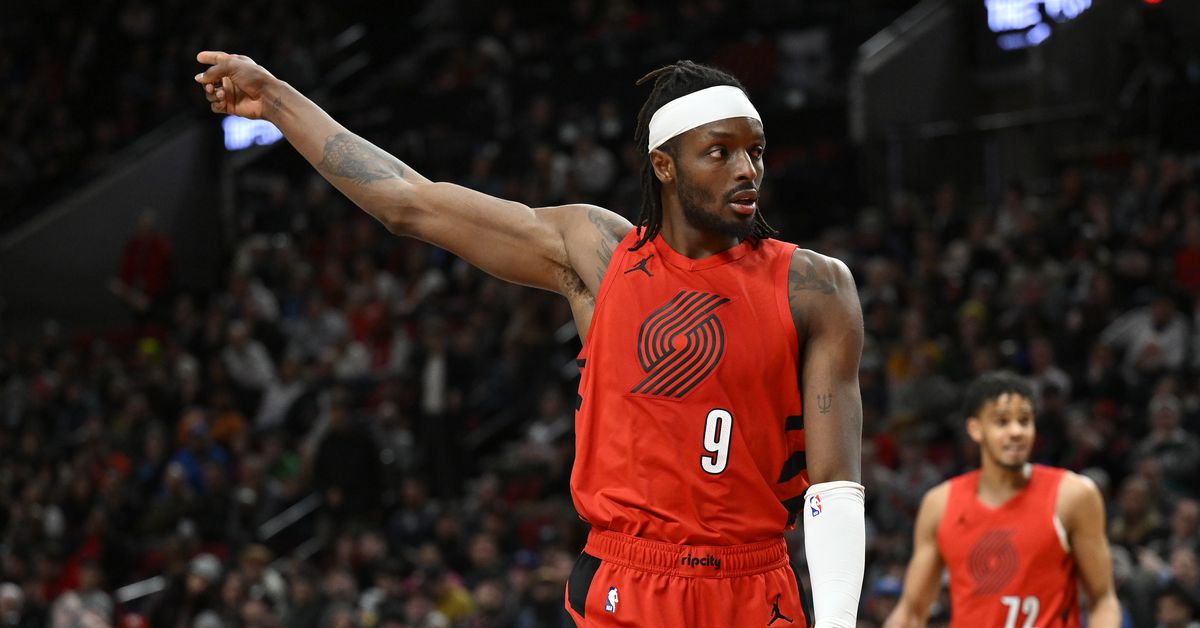Jerami Grant is the best player on the planet right now. Portland Trail Blazers Praise can be strong or weak. It can be a diamond sitting in a box of rocks. Or it can be the best hamburger on the Jack in the Box value menu. Those two things are not the same.
That variability makes Grant the most-mentioned member of the franchise in trade rumors this summer, with some national pundits believing a deal is all but assured. It also makes him at least a lukewarm subject in the Blazers’ Edge mailbags, as evidenced by this question.
Dear Dave,
What do you think of Jerami Grant? Even after two years, I can’t get a sense of what he thinks of him. He came in as an Olympian and helped Lillard. He hasn’t played like either of them. But he’s not bad. I like his stats most of the time. I don’t like his contract. But that’s all I can say for sure. I’m trying to figure out if trading him is really a good idea or if we’d be giving up a big piece and going backwards. Help me out?
Jay
Hmmm… I read the last sentence of your question and I think both things could be true at the same time. Losing Grant would certainly hurt. The Blazers would be worse off without him. But, as we’ve mentioned many times this summer, he’s 30 years old on a team whose average age is… what? 15, now? His career path is not aligned with Portland’s future. It doesn’t matter if you’re the sixth man or the fifth starter. It’s not as good when you’re the star of the team.
Aside from his age, there’s no organic reason to trade Grant. He produced 21 points per game on 45 percent shooting last season, both of which were more than acceptable numbers. His 40.2 percent three-point shooting percentage was exceptional, especially considering he was the only really good three-point shooter on the team. It’s not like his teammates were keeping defenses away from him, leaving him with a ton of Ray Allen three-pointers. He shot most of his shots from the diagonal, traditionally a much harder place to hit long balls. But that’s Grant. modus operandi. He makes things that other players find difficult seem easy.
Grant is a passable to good defender, depending on the night. He’s a good free-throw shooter, getting a reasonable number of attempts thanks to his perimeter-oriented style. He’s an endpoint in the offense, not a conduit, in part because his teammates aren’t very good right now. But he doesn’t dominate the ball or slow down possessions.
Reversing the theme, some things that seem easy are harder for Grant. His interior game is one of his biggest weaknesses. He’s not a rebounder. He struggles to convert near the basket, averaging 49.9 percent from the bowl compared to a league-best 59.9 percent. But every other Blazers player right now, aside from Anfernee Simons, has to get close to the basket to convert, so that doesn’t hurt Portland too much.
Overall, you would look at this guy and say that his strengths are more than enough to make up for the shortcomings in his game, and he is versatile enough to help almost any type of lineup.
Portland’s problem is that they have one of the few types of rosters that undermines Grant’s contributions. It can be summed up in one question: What difference does it make? The margins around him are so wide, the odds of winning so slim, that it’s like baking and frosting a beautiful cake and then throwing it into a well and hoping someone can take advantage of it.
Sure, Grant scores 20 points, but players on any team are going to get close to that by default. Over the next couple of seasons, someone is going to score a big goal for the Blazers without producing many more wins than they’re currently getting. It’s just Jerami’s turn.
Grant can defend, but who cares if his teammates leave big holes around him? You can be the best of the beams. Without joints and other beams to connect to, there is no building. You just sit on the ground.
Grant is a smart player, the kind of player you’d like to see help your team make the playoffs. The Blazers aren’t in the playoffs. They also don’t have any players who match Grant’s level of knowledge and experience. It’s like teaching calculus in a classroom that doesn’t yet teach multiplication. All that extra knowledge is gone and wasted.
These are the reasons why Grant should be traded. Or, just as accurately, these are the reasons why Grant himself will probably want to be traded. It’s not a question of if, but rather when and who will provide the impetus.
The good news in this scenario is that the Blazers should be able to trade Grant at any time, now or in the future. It may be a little early, but they don’t lose three years of competition if they make the move now. There’s no real opportunity cost, no potential loss that matters beyond losing the player himself. They don’t have to make a trade right away, though. They may not want to wait until the final year of his contract in 2027-28 — especially since it’s a player option — but they have a few seasons to decide, to find the best opportunity and return on their investment.
The Grant trade is an open question, but not an urgent one. Any urgency at this point would come from the team that, in all likelihood, wants to acquire him. This is a good thing for the Blazers, as it would give them an advantage in the deal.
I want to quibble with one statement in your question. I don’t think Grant’s contract is that bad. By the standards of five years ago, yes, $30 million to $36 million a year seems like a lot. With the new broadcast rights deal kicking in, mid-level exceptions are expected to reach nearly $20 million. The only risk for Portland is finding matching salaries in a league where fewer and fewer players fall between minimum and superstar level. The final deal is going to be a multi-player deal. But teams do that every day.
Grant’s salary is not reprehensible in itself. In a few years, it will resemble that of a “veteran with a little something,” far from the exorbitant sums that the real stars will rake in.
I think the Trail Blazers deserve credit for how they handled Grant’s contract and Anfernee Simons’. At first glance, when they were signed, the numbers seemed a bit high. That turned out to be wrong, given the league’s trends. Kudos to Portland for having the foresight to make offers that would entice their best players to re-sign, while staying well within the bell curve throughout the process.
Thanks for the question! You can always send yours to [email protected] and we will try to answer as many questions as possible!

